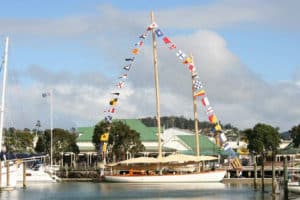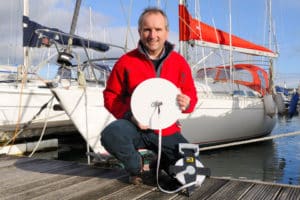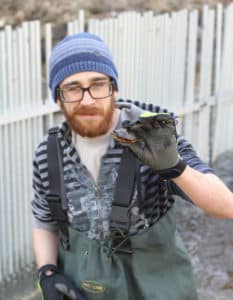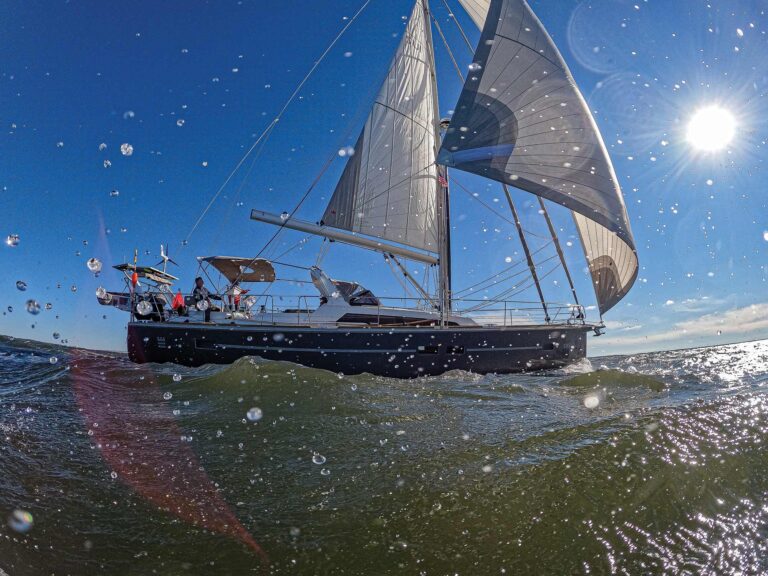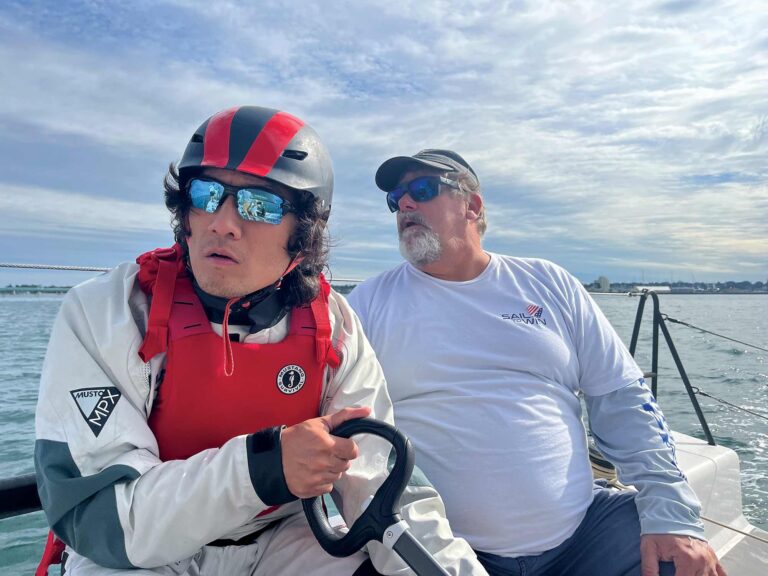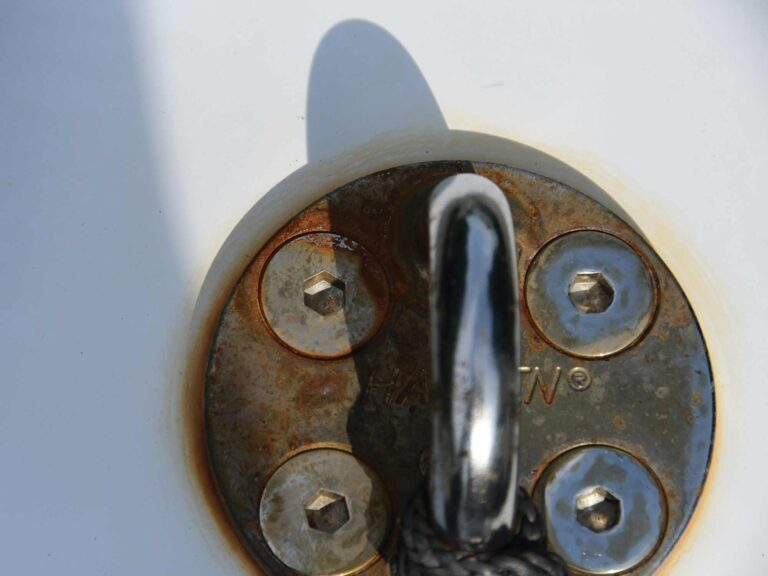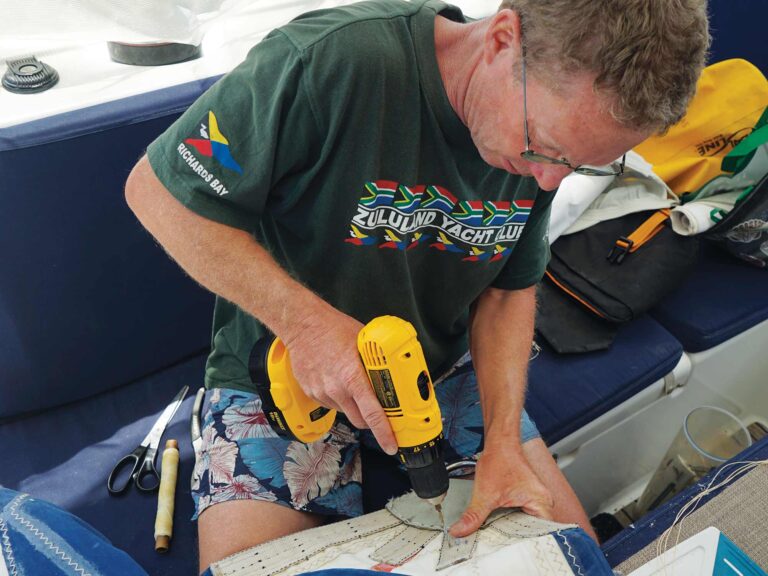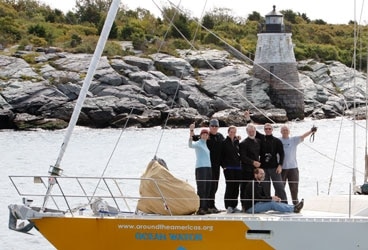
OW editorial 368
Jockeying between engine and bow thruster, first mate David Logan edged the 64-foot expedition sloop Ocean Watch closer and closer to the floats at Bowen’s Wharf, in Newport, Rhode Island. After the crew’s 8,000 miles of hands-on practice, this late September landing was flawless-a good thing, since photographer Billy Black’s video camera whirred away for Cruising World (see his video at www.cruisingworld.com/0912visit) and a news team from a television station in Providence, Rhode Island, was on the scene. On the dock, a small crowd stood ready and willing to catch the dock lines tossed by the crew lining the rail. Amidships, CW editor at large and newly minted arctic adventurer Herb McCormick didn’t wait for the first wrap on a cleat before jumping ashore. I half expected that he might drop to his knees and kiss the concrete float just to leave no doubt how he felt about arriving back in his hometown. It was, after all, just a month earlier that he and his mates from the Around the Americas expedition had been wondering if they’d be spending the waning days of baseball season sailing south in the Atlantic or sitting in ice somewhere along the Northwest Passage and waiting for spring.
As CW readers know, Herb likes to tell a good story. So with hugs and handshakes having been liberally dispensed for the moment, he stood with feet planted firmly on the dock and recounted the most recently memorable leg of a trip that had its June departure in Seattle: the voyage down the Labrador coast in a full gale, with wave tops cresting at about the height of the boat’s first spreaders. (Go to www.cruisingworld.com/herbswatch to find Herb’s frequent dispatches for our Reckonings e-newsletter; visit www.aroundtheamericas.org to read the Around the Americas crew blogs.)
Entertaining as the tale was, it was his other accounts, and those of Ocean Watch’s captain, Mark Schrader, that days later I found to be more consequential. These were about the people and villages they visited as they pushed eastward from Alaska. They were about the schools they toured and the community centers where computers and the Internet bridge harsh living conditions, not to mention the miles and ice that once rendered these spots some of the most remote locales on the planet. Schrader notes that when it comes to current events, the people they encountered along the way are intimately aware of what the scientists and politicians elsewhere argue about in the abstract when they talk about climate change. There is, he says, no debate up north about whether it’s happening.
Along the Northwest Passage, polar bears are coming ashore and into town in search of food because their diet is changing. The locals find that they, too, must alter their traditional hunting practices because the ice is no longer there for transportation. And some villages, the two sailors note, are literally falling into the sea because without the permafrost, the land is crumbling and melting away. Still, modern times and technology have made for strange bedfellows. Fourth-generation whale hunters have teamed up with scientists, and each is learning from the other to create a more accurate picture of how the world, even above the Arctic Circle, is changing. It was these firsthand accounts of a world in flux, not of the storms at sea, that I found most riveting.
Mark Pillsbury

